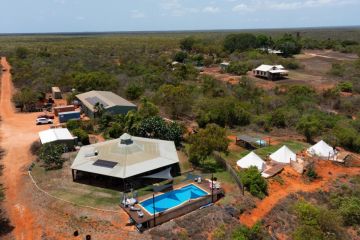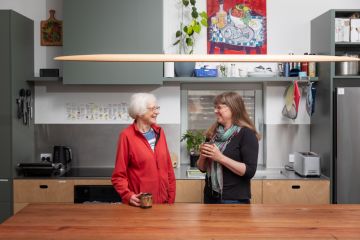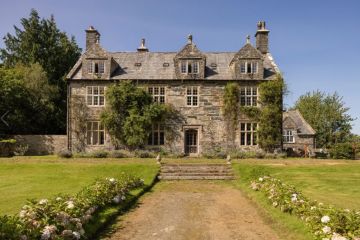Top drops: The English doctor that built one of South Australia's most popular wineries
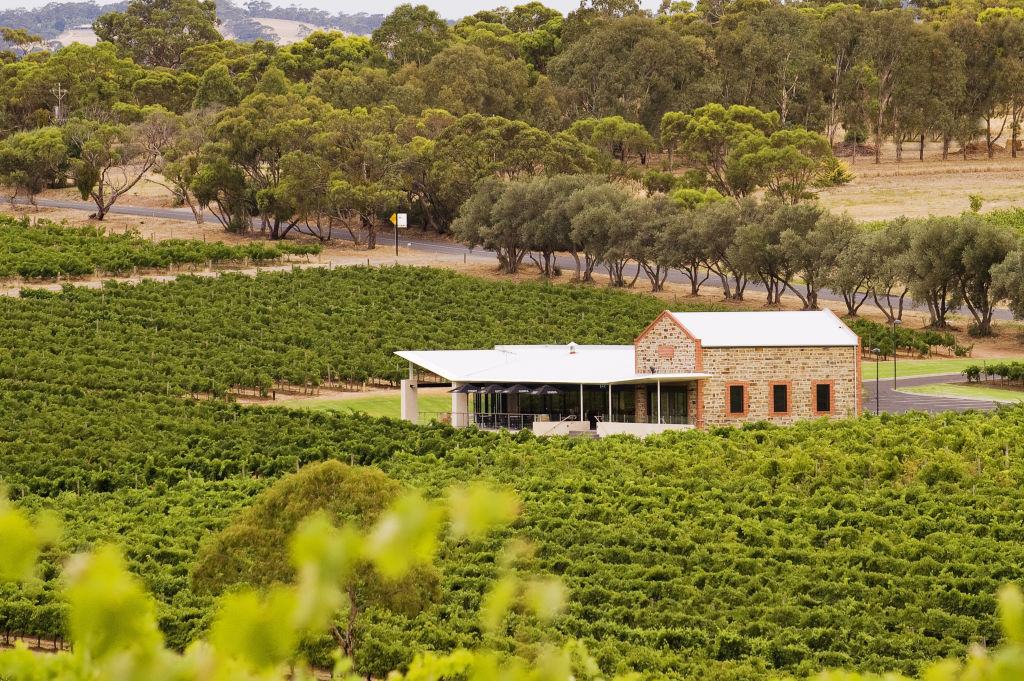
In 1886, Englishman Dr William Angove, who’d newly arrived with his family to South Australia from Cornwall, set up practice at Tea Tree Gully, a short trip from Adelaide.
He was a progressive doctor; having delved into the restorative powers of tonics, he began growing vines on his property and making wine for his patients.
Not only did they enjoy the wine, but it proved to be a more lucrative living than being a doctor. And so the Angove winemaking story began.
His medical practice plaque still sits at the entrance of the Angove winery, located in McLaren Vale.
Under his leadership, the vineyard would grow to 40 hectares. In fact, Dr William would head a family of innovators: his son, Carl “Skipper” Angove went to Renmark and established the Riverland’s first winery and distillery and was also one half of the team behind Dominion Wines in England.
For two decades, Angove & Son would be among the top Australian wineries exporting to England.
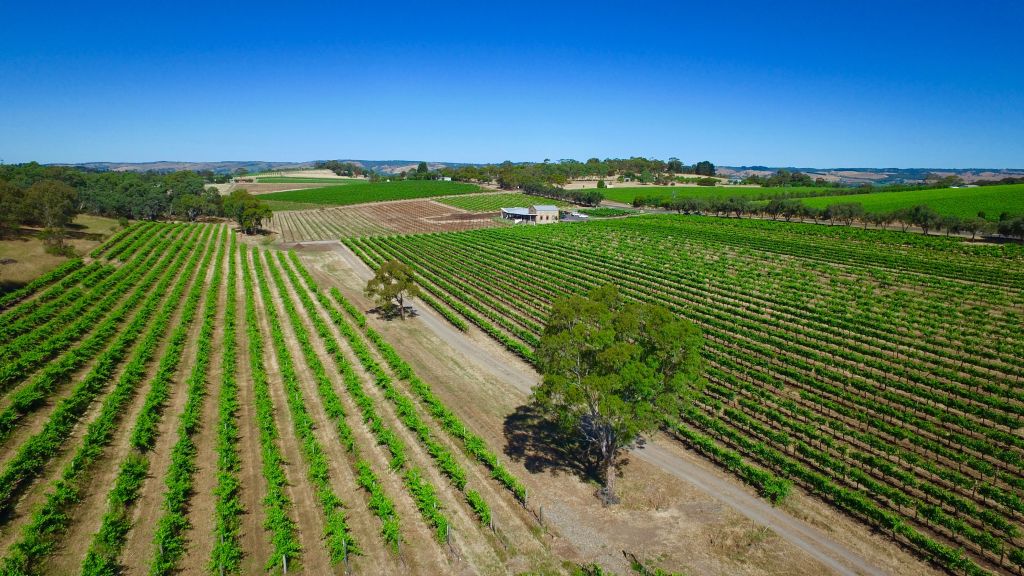
The third-generation curse (if you believe the saying that the first generation makes it, the second maintains it and the third blows it) did not hold true here: Tom Angove graduated dux of oenology from Roseworth and won prizes for his project on modified distillation.
He would go on to push new technologies for the winery, and came up with one achievement that’s still impressive: he invented the world’s first wine cask.
And Tom’s son, John, made a decision that would prove to be vital to the future of the business when he took over as managing director: he began the switch to organic wines and from 2020, every grape grown in an Angove family-owned vineyard will be certified organic.
These days, it’s Tom’s kids at the helm: Victoria and Richard as joint managing directors, and their sister Sophie working as the vineyard manager at McLaren Vale.
Visitors to the Angove Winery immediately see that there’s something unique happening.
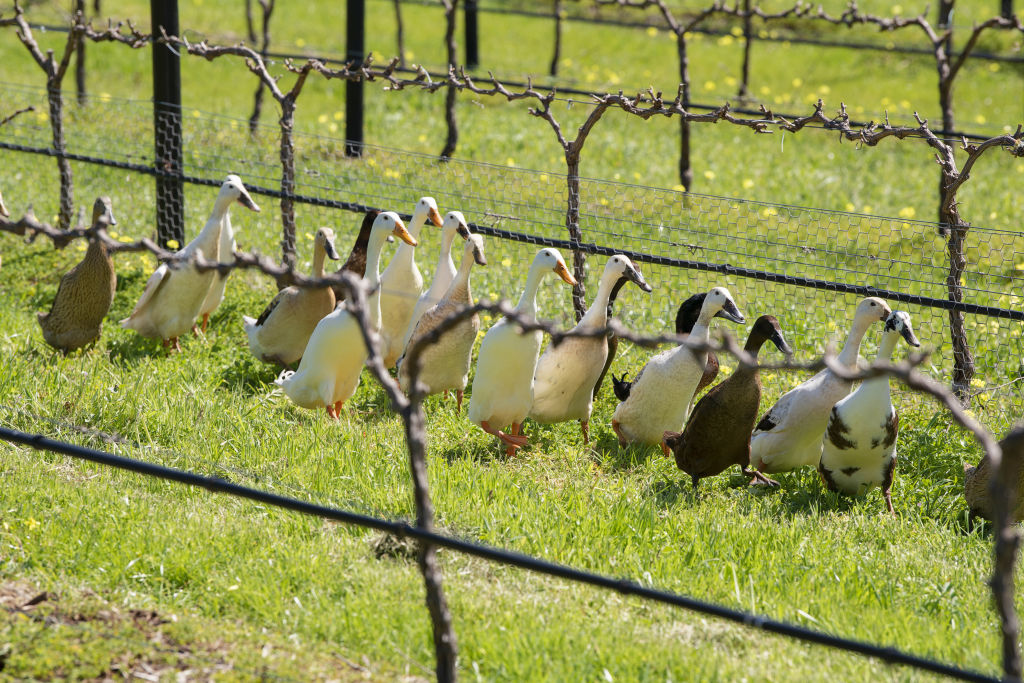
For starters, you might catch a flock of Indian Runner ducks waddling down the row, an ingenious way to keep snails at bay and help fertilise the vines.
It’s not the only way that a natural solution is devised to confront an age-old problem.
In the family’s Warboys vineyard, bat nesting boxes have been installed to encourage the bats to breed. They operate as effective insect eaters and, if the experiment proves successful, the Angoves are hoping to inspire other vineyards to reduce their use of pesticides.
And behind the scenes, other sustainability practices are the norm: special mowers are used to keep the weeds under control, drip irrigation is utilised and solar power has been invested in.
But the real innovation is in the attitude that the family holds.
“We’re passionately family-owned and have been for 133 years, but we don’t see ourselves as owners,” Richard says. “We’re more custodians, and our job is to keep nurturing the business and hopefully our children might take it over.”
Sign up for the best of Domain Review in your inbox each week
We recommend
We thought you might like
States
Capital Cities
Capital Cities - Rentals
Popular Areas
Allhomes
More
